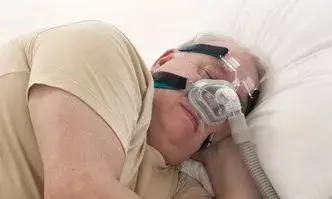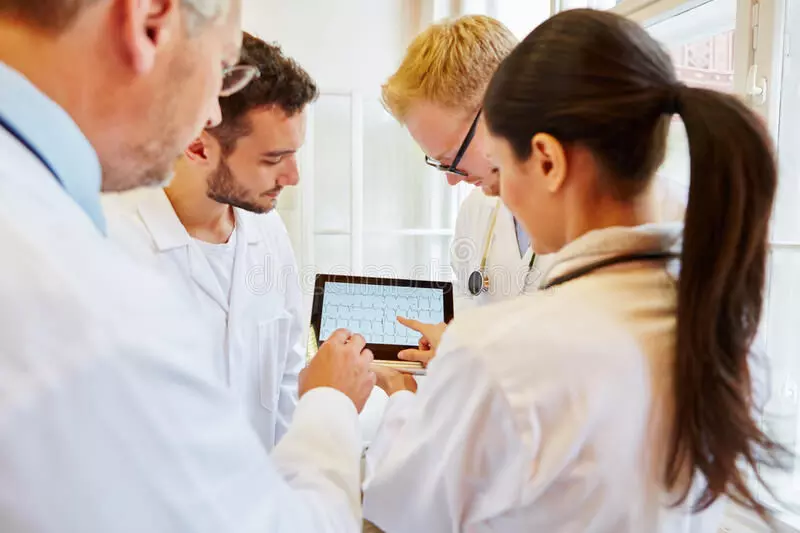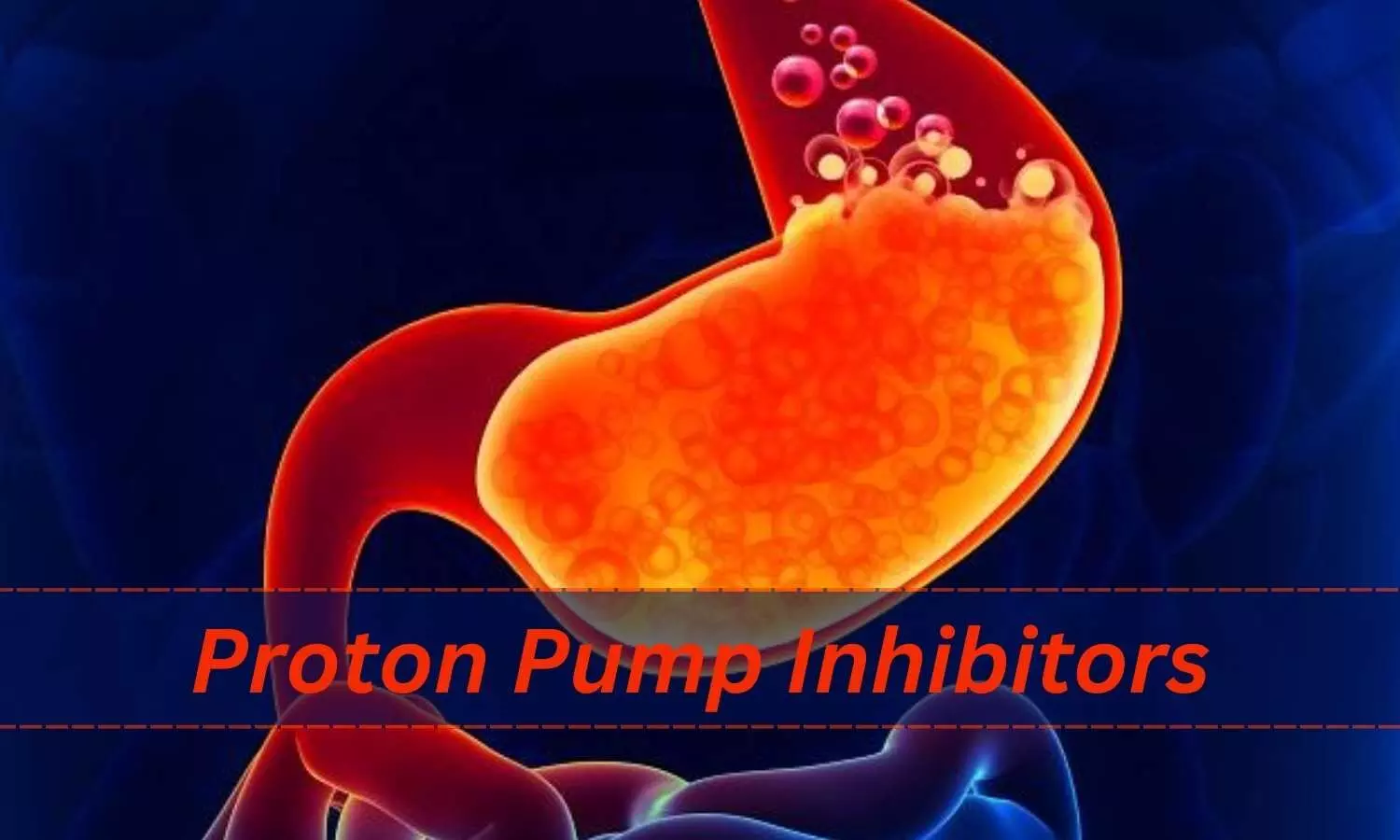- Home
- Medical news & Guidelines
- Anesthesiology
- Cardiology and CTVS
- Critical Care
- Dentistry
- Dermatology
- Diabetes and Endocrinology
- ENT
- Gastroenterology
- Medicine
- Nephrology
- Neurology
- Obstretics-Gynaecology
- Oncology
- Ophthalmology
- Orthopaedics
- Pediatrics-Neonatology
- Psychiatry
- Pulmonology
- Radiology
- Surgery
- Urology
- Laboratory Medicine
- Diet
- Nursing
- Paramedical
- Physiotherapy
- Health news
- Fact Check
- Bone Health Fact Check
- Brain Health Fact Check
- Cancer Related Fact Check
- Child Care Fact Check
- Dental and oral health fact check
- Diabetes and metabolic health fact check
- Diet and Nutrition Fact Check
- Eye and ENT Care Fact Check
- Fitness fact check
- Gut health fact check
- Heart health fact check
- Kidney health fact check
- Medical education fact check
- Men's health fact check
- Respiratory fact check
- Skin and hair care fact check
- Vaccine and Immunization fact check
- Women's health fact check
- AYUSH
- State News
- Andaman and Nicobar Islands
- Andhra Pradesh
- Arunachal Pradesh
- Assam
- Bihar
- Chandigarh
- Chattisgarh
- Dadra and Nagar Haveli
- Daman and Diu
- Delhi
- Goa
- Gujarat
- Haryana
- Himachal Pradesh
- Jammu & Kashmir
- Jharkhand
- Karnataka
- Kerala
- Ladakh
- Lakshadweep
- Madhya Pradesh
- Maharashtra
- Manipur
- Meghalaya
- Mizoram
- Nagaland
- Odisha
- Puducherry
- Punjab
- Rajasthan
- Sikkim
- Tamil Nadu
- Telangana
- Tripura
- Uttar Pradesh
- Uttrakhand
- West Bengal
- Medical Education
- Industry
CPAP novel non pharmacologic option for managing supine hypertension in Autonomic failure

A new study found that continuous positive airway pressure (CPAP) can be used as a novel nonpharmacologic approach for the management of supine hypertension of autonomic failure while improving nocturia and daytime orthostatic hypotension (OH).
The trial results were published in the journal Hypertension.
Many of the patients with orthostatic hypotension are affected by supine hypertension due to autonomic failure. It is often not managed for fear of worsening OH. Hence Luis E. Okamoto et al conducted a trial based on a hypothesis that increasing intrathoracic pressure with continuous positive airway pressure (CPAP) can be used to manage nocturnal supine hypertension while reducing nocturnal pressure diuresis and improving daytime OH. This is due to the Valsalva-like blood-pressure-lowering effect.
Two protocols were made where in Protocol 1, the acute hemodynamic effects of increasing levels of CPAP (0, 4, 8, 12, and 16 cm H2O, 3 minutes each) were determined in 26 patients with autonomic failure and supine hypertension were studied while awake and supine. In Protocol 2 (n=11), the effects of overnight therapy with CPAP (8–12 cm H2O for 8 hours) were compared versus placebo on nocturnal supine hypertension, nocturnal diuresis, and daytime OH in a 2-night crossover study.
Key findings of the study:
- In Protocol 1, systolic blood pressure was reduced by the acute CPAP (4–16 cm H2O) in a dose-dependent manner due to reductions in stroke volume and cardiac output.
- There was no change in the systemic vascular resistance and heart rate.
- In Protocol 2, nighttime systolic blood pressure was reduced by overnight CPAP and was associated with lower nighttime diuresis and improved morning orthostatic tolerance.
Thus, CPAP was found to be a novel nonpharmacologic approach to managing supine hypertension of autonomic failure while improving nocturia and daytime OH.
Further treatment: Okamoto LE, Celedonio JE, Smith EC, et al. Continuous Positive Airway Pressure for the Treatment of Supine Hypertension and Orthostatic Hypotension in Autonomic Failure [published online ahead of print, 2023 Jan 5]. Hypertension. 2023;10.1161/HYPERTENSIONAHA.122.20081. doi:10.1161/HYPERTENSIONAHA.122.20081
BDS, MDS
Dr.Niharika Harsha B (BDS,MDS) completed her BDS from Govt Dental College, Hyderabad and MDS from Dr.NTR University of health sciences(Now Kaloji Rao University). She has 4 years of private dental practice and worked for 2 years as Consultant Oral Radiologist at a Dental Imaging Centre in Hyderabad. She worked as Research Assistant and scientific writer in the development of Oral Anti cancer screening device with her seniors. She has a deep intriguing wish in writing highly engaging, captivating and informative medical content for a wider audience. She can be contacted at editorial@medicaldialogues.in.
Dr Kamal Kant Kohli-MBBS, DTCD- a chest specialist with more than 30 years of practice and a flair for writing clinical articles, Dr Kamal Kant Kohli joined Medical Dialogues as a Chief Editor of Medical News. Besides writing articles, as an editor, he proofreads and verifies all the medical content published on Medical Dialogues including those coming from journals, studies,medical conferences,guidelines etc. Email: drkohli@medicaldialogues.in. Contact no. 011-43720751




